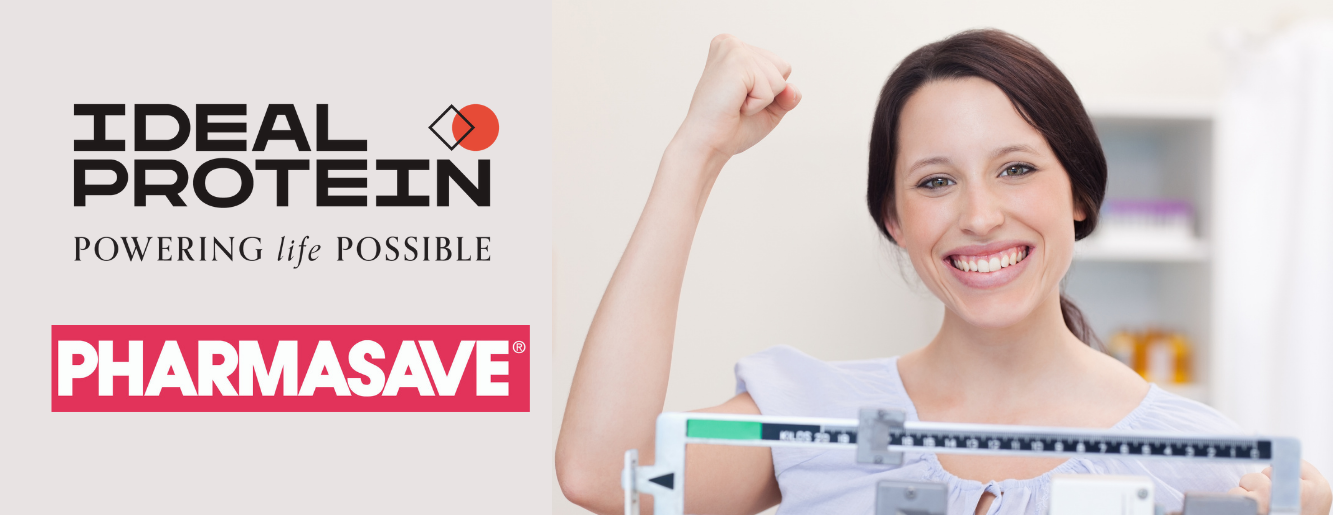By Christine Cheng, R.Ph. and Fred Cheng, R.Ph.
Vitamin D has received a lot of attention in the media recently. Even Health Canada has recommended (modest) increase in the Dietary Reference Intake (DRI) levels that it recommends. With many healthcare experts and practitioners recommending levels much higher than the DRI, it is important to take a look at what this vitamin is and what it can do for us.
Vitamin D is actually a group of prohormones with the two most significant forms in the body being ergocalciferol (aka vitamin D2) and cholecalciferol (aka vitamin D3). Vitamin D3 is approximately three times as potent as D2 and is synthesized by the skin upon exposure to sunlight, hence the vitamin D being nicknamed the “sunshine vitamin”. Although it can be obtained from the diet, it is only found in substantial amounts in a limited number of foods such as egg yolks, fatty fish (e.g., salmon, mackerel, and sardines) and mushrooms. Many foods such as milk, soy or rice beverages, orange juice, and margarine are supplemented with vitamin D, but it would take multiple servings just to reach the DRI.
Most people know of the importance of vitamin D in the maintenance of healthy bones as it facilitates the absorption of calcium in the intestine, prevents bone resorption, promotes resorption of calcium in the kidneys, and promotes mineralization of the skeleton. Deficiency can lead to rickets in children, osteomalacia in adults, and osteoporosis.
As a prohormone, it plays an important role in communicating information in the body and thus can impact many organ systems. Thus, it is not surprising that researchers have found a strong link between vitamin D levels and colorectal cancers and high blood pressure. Taking vitamin D can help reduce the risk of falling. Interestingly, this benefit is independent of its impact on bone health; rather it is linked to vitamin D’s interaction with calcium and their action on muscle metabolism. Vitamin D status is also linked to diabetes, depression, anxiety, respiratory tract infections, multiple sclerosis, rheumatoid arthritis, and weight loss.
Given its widespread impact and potential benefits in the body, ensuring adequate vitamin D intake seems like a no-brainer. So, how much vitamin D should we be getting and how? Health Canada recommends 600IU per day for most adults, which is the minimum required to prevent vitamin D deficiency. Many healthcare experts recommend at least 1000IU on a daily basis throughout the year. Being in the Northern Hemisphere, we do not get adequate exposure to the sun all year round to ensure adequate vitamin D levels. Even in the summer, we have to balance the benefit of getting enough vitamin D and minimizing the risk of skin cancer. Consider adding a supplement to your daily regimen. Just one drop of METAGENICS’ D3 LIQUID supplies 1000 IU of vitamin D in a base of medium chain triglycerides (MCTs) to ensure optimal absorption. For those whose primary concern is bone health, Thorne Research combines 1000IU of D3 with 200mcg of vitamin K2 in their MCT preparation.
Vitamin D is a very safe supplement. Doses higher than 1000IU per day should only be taken upon the advice of a healthcare practitioner. Before beginning a supplement, always check with your doctor or pharmacist if you have concerns about interactions if you have any concerns.
Christine is a registered pharmacist with training in Natural Health Products and a passion for Integrative Medicine. She works alongside her brother, Fred at their unique family-owned and operated Pharmasave in Downtown Cloverdale, BC. Their pharmacy team specializes in natural remedies and compounding for both human and veterinarian use.




